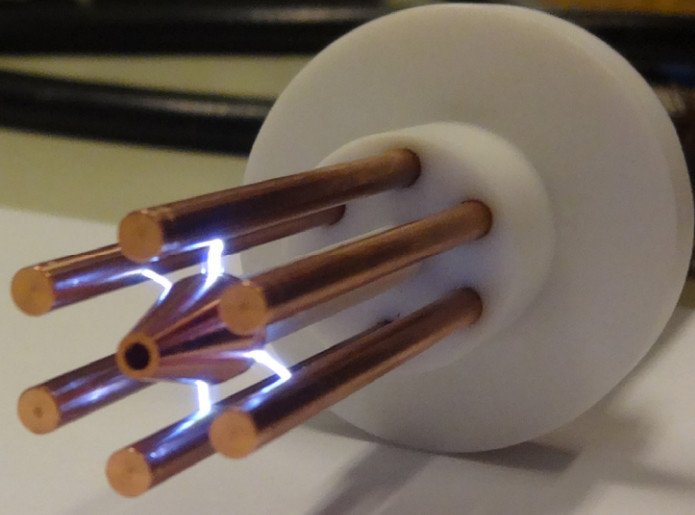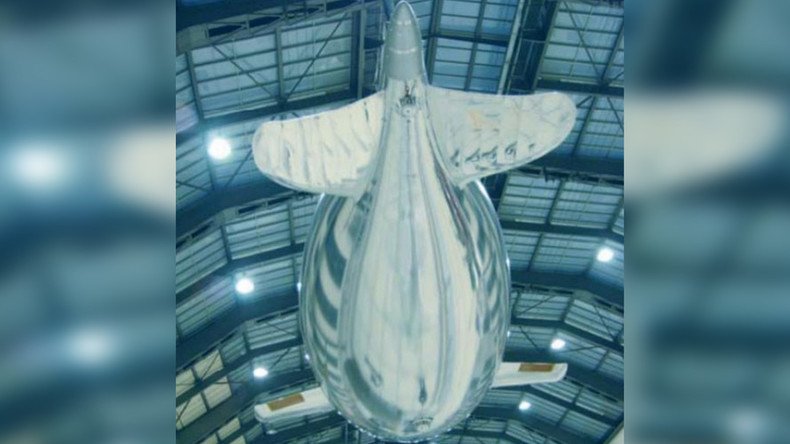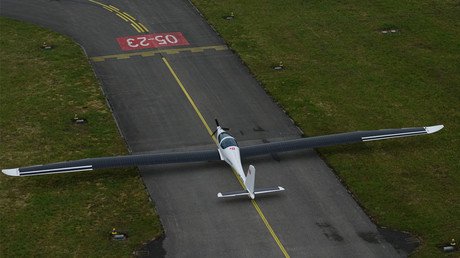A major new breakthrough in jet propulsion technology could revolutionize the aerospace industry, paving the way for plasma jet engines that could carry a craft to the edge of space using only air and electricity.
Berkant Göksel, the lead researcher in a new study by the Technical University of Berlin, says his team have successfully completed tests on plasma engines that could take future aircraft to altitudes of 30 miles (50km) and beyond.
While studies into plasma jet engines has largely focused on their ability to manoeuvre small satellites in the vacuum of space, Göksel told the New Scientist that his research concentrated on testing the engine in a normal atmosphere.
“We are the first to produce fast and powerful plasma jets at ground level. These jets of plasma can reach speeds of up to 20 kilometers a second,” he said.
A real flight demonstration is the next milestone goal for the project.
The team used 80mm-long mini-thrusters in their experiments – 10,000 of which would be needed to support a commercial airliner. However, Göksel believes the team could test their work on a small plane using between 100 and 1,000 thrusters.

Plans are underway to develop a mobile power generator for use in the first flight demonstration onboard the b-Ionic Airfish. In 2005, the craft became the world’s first airship to be propelled by plasma engines.
It is hoped this experiment helps overcome the project’s major obstacle, which is the huge amount of electricity required to generate and sustain the plasma.
READ MORE: Astronaut shares footage of first steps on Earth after year in space (VIDEO)
“An array of thrusters would require a small electrical power plant, which would be impossible to mount on an aircraft with today’s technology,” Dan Lev from the Technion-Israel Institute of Technology told the New Scientist.
Göksel is hopeful of working around this with solar panels or potentially beaming power wirelessly to the engines.


